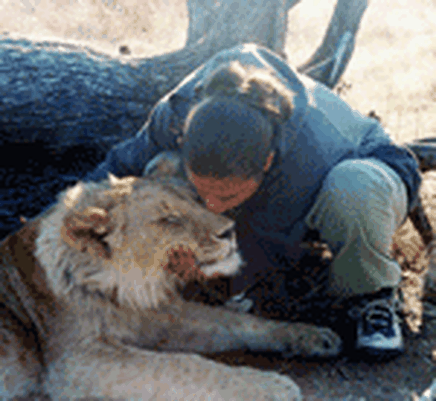Travel Trash Tips
One of my favorite travel sayings is, "Take only photographs, leave only footprints."
As travelers, we need to be conscious of our impact on the environments we traverse. We only pass through, but if we're not careful, our actions can have a lasting effect.
'Taking only photographs' is an excellent way to preserve the equilibrium of various ecosystems. Gathering shells, long a popular past time, can damage the ecosystems of beaches. Shells can be re-inhabited by various sea critters, or decompose, providing the raw material to create new sand. By removing them, we are essentially robbing shorelines of their own natural resources. And the argument of 'it's only one' doesn't wash when you consider the numbers of people worldwide who collect shells. 'One' can become millions.
This is only one example that illustrates the importance of leaving things as we find them: feathers, rocks, and plant life also should be left to recycle their own environments. Oh yeah, and leave those fossilized trees and whale bones alone, too. (I have actually met someone who took a fossilized whale vertebra home as a souvenir. Guilt finally got the better of her and she returned it, but REALLY?)
The other half of the adage is 'leave only footprints'. Just as important to leaving an ecosystem to its own devices is not introducing new items into a fragile environment. As we travel, we invariably generate trash, and it is our responsibility to carry out what we carry in. Always travel with a garbage bag. This seems to be common sense, but a lot of people forget to pack a spare bag or two with them when setting out.
And for the messier trash we create, it's a good idea to carry some ziplock bags. These are especially useful for cigarette butts, toilet paper, and used liquid containers. When hiking or traveling through the wilderness, never leave toilet paper behind. It takes longer to decompose than we realize (even the 'biodegradable' variety), and the smell can throw animals in the area off their routine. The scent of a human in the area can upset wild animals greatly, so always bury your leavings and either burn or carry out your used toilet paper. And smokers, grind out your butts and carry those out as well. If a plastic bag doesn't hold the smell of stale smoke in well enough, try a glass jar- they're quite good at trapping odors.
If you're a non-smoker on a trip with a smoker, try to encourage your friend to carry out their butts and don't complain about the smell- more important than a momentarily offensive odor is keeping nature as pristine as possible.
And if you come across a shell-gatherer or litterer on your journeys, don't be afraid to say something. Calling someone out can be uncomfortable, but we all have a duty to keep the earth green. More often than not, the offender won't even realize they're doing something wrong and will happily comply. If not, well... use your best judgment in the given situation.
